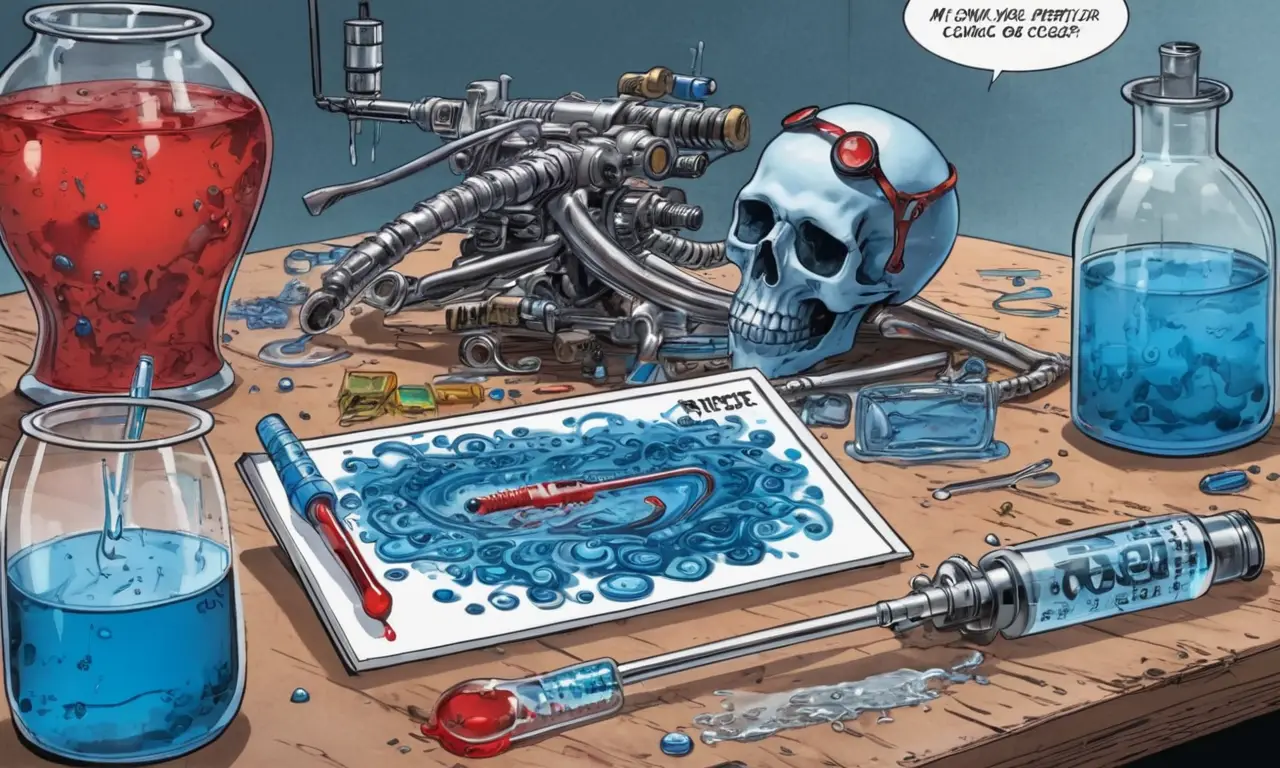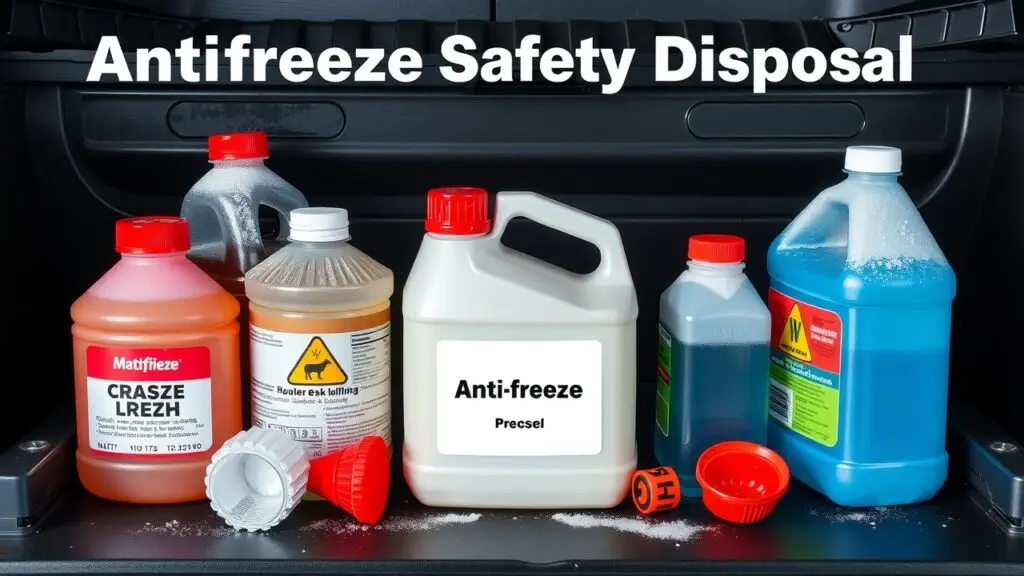Keeping your car’s engine running smoothly requires more than just fuel and spark plugs. A crucial component often overlooked is the cooling system, which relies on a special fluid known as antifreeze. While many people use terms like “antifreeze,” “coolant,” and “radiator fluid” interchangeably, understanding their nuances is essential for proper vehicle maintenance. This article will delve into the world of antifreeze, exploring its types, functions, importance, and how it relates to engine coolant and radiator fluid.
This comprehensive guide will first define antifreeze and explore its various types. We’ll then examine the vital role antifreeze plays in regulating engine temperature and preventing damage from freezing or overheating. Finally, we’ll clarify the often-confusing relationship between antifreeze, engine coolant, and radiator fluid to ensure you have a clear understanding of this essential automotive component.
What is Antifreeze?
Antifreeze is a crucial automotive fluid designed to prevent your engine from freezing in cold temperatures and boiling over in hot conditions. It’s typically a mixture of ethylene glycol or propylene glycol (the antifreeze agent) and water, with additives that enhance its performance and protect your engine from corrosion.
The primary function of antifreeze is to lower the freezing point of the coolant mixture, preventing it from solidifying and damaging your engine block during winter months. Conversely, it raises the boiling point, ensuring the coolant remains liquid even under extreme heat conditions. This dual action allows for optimal engine temperature regulation throughout a wide range of climates.
Antifreeze also plays a crucial role in protecting your engine’s cooling system from corrosion. The additives included in antifreeze formulations help to neutralize acids and prevent rust formation within the radiator, hoses, and water pump. This protection ensures the longevity and efficient operation of your cooling system.
Types of Antifreeze

There are two primary types of antifreeze: ethylene glycol and propylene glycol.
Ethylene Glycol: This is the most common type of antifreeze due to its effectiveness and affordability. It offers excellent freeze protection and boiling point elevation, making it suitable for a wide range of climates. However, ethylene glycol is toxic to humans and animals if ingested, so it’s crucial to handle it with care and store it out of reach of children and pets.
Propylene Glycol: This type of antifreeze is considered safer than ethylene glycol as it is less toxic. It offers comparable freeze protection and boiling point elevation, making it a suitable alternative for those concerned about the toxicity of ethylene glycol. Propylene glycol-based antifreeze is often used in applications where safety is paramount, such as in vehicles used by emergency services or in areas with strict environmental regulations.
Function of Antifreeze
Antifreeze serves several critical functions within your vehicle’s cooling system:
Temperature Regulation: The primary function of antifreeze is to regulate engine temperature. It absorbs heat generated by the engine and transfers it to the radiator, where it is dissipated into the atmosphere. This process prevents the engine from overheating and ensures optimal operating temperatures for efficient performance.
Freeze Protection: Antifreeze lowers the freezing point of the coolant mixture, preventing it from solidifying in cold temperatures. If water freezes inside your engine block, it can cause significant damage, leading to costly repairs. Antifreeze effectively protects against this risk by keeping the coolant liquid even in sub-zero conditions.
Boiling Point Elevation: Antifreeze raises the boiling point of the coolant mixture, preventing it from boiling over during hot weather or strenuous driving conditions. Overheating can lead to engine damage and performance issues. By maintaining a higher boiling point, antifreeze ensures that the coolant remains liquid and effectively transfers heat away from the engine.
Importance of Antifreeze

Regularly checking and maintaining your antifreeze levels is crucial for the health and longevity of your vehicle. Neglecting this essential fluid can lead to serious consequences:
Engine Damage: Overheating or freezing can cause significant damage to your engine, including warped cylinder heads, cracked engine blocks, and damaged pistons. These repairs can be extremely costly and time-consuming.
Cooling System Failure: Corrosion caused by inadequate antifreeze protection can lead to leaks, radiator failure, and other cooling system issues. This can result in overheating and potentially catastrophic engine damage.
Reduced Performance: An insufficient amount of antifreeze or a mixture with the wrong concentration can negatively impact your engine’s performance, leading to reduced fuel efficiency, sluggish acceleration, and overall decreased power output.
Engine Coolant vs. Radiator Fluid
Is there a difference between antifreeze and coolant, is radiator fluid and coolant the same, engine coolant vs radiator coolant, is antifreeze the same as radiator fluid, is engine coolant the same as radiator fluid, is radiator fluid the same as engine coolant, is radiator fluid and coolant the same thing, is radiator fluid the same as coolant?
These are common questions that often cause confusion. Essentially, engine coolant and radiator fluid are synonymous terms for the same liquid responsible for cooling your vehicle’s engine. This fluid is typically a mixture of antifreeze and water, with additives to enhance its performance and protect against corrosion.
While “radiator fluid” might be used more casually, it refers to the same substance circulating through both the engine and radiator. Antifreeze is a key component of this mixture, providing freeze protection and boiling point elevation.
Conclusion
Understanding the role of antifreeze in your vehicle’s cooling system is crucial for maintaining its performance and longevity. By choosing the right type of antifreeze, ensuring proper levels, and regularly checking its condition, you can protect your engine from damage caused by freezing or overheating. Remember that while terms like “antifreeze,” “coolant,” and “radiator fluid” are often used interchangeably, they all refer to the same essential fluid responsible for keeping your engine running smoothly.



